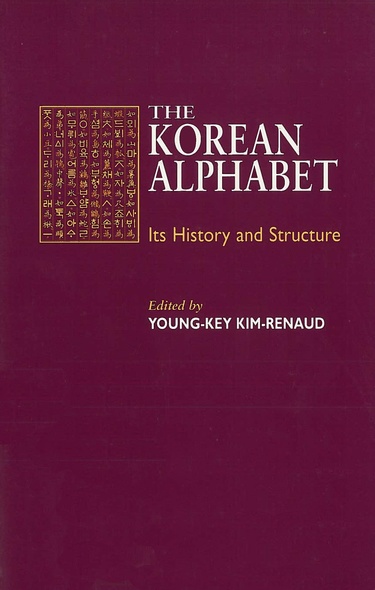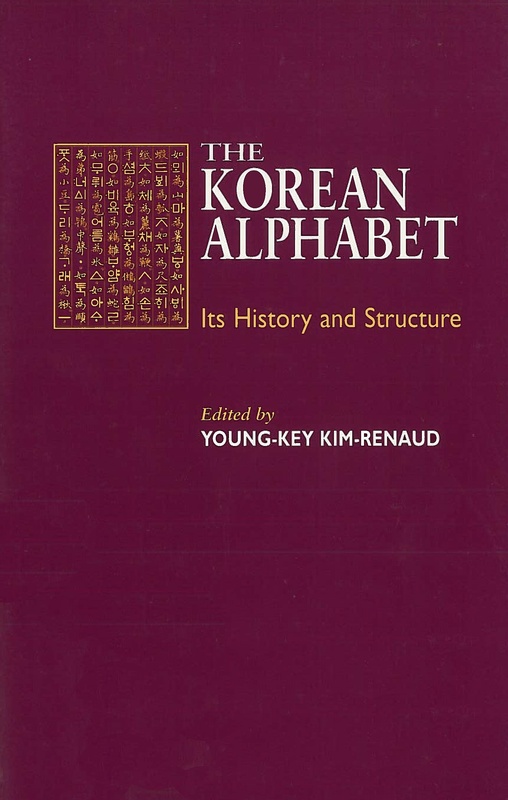The Korean alphabet, commonly known as han’gul, has been called one of the greatest intellectual achievements of humankind. Experts agree that few writing systems can match its simplicity and efficiency, its elegance and intelligence.
The only alphabet completely native to East Asia, han’gul distinguishes itself among writing systems of the world with its scientific qualities and unusual linguistic fit to the Korean language. Most strikingly, the theoretical underpinnings of the language, as well as the time and circumstances of its creation, are clearly known and recorded. Han’gul was invented in 1443 and promulgated in 1446 by King Sejong (1418-1450), sage ruler of the Yi dynasty (1392-1910).
This volume, the first book-length work on han’gul in English by Korean-language specialists, is comprised of ten essays by the most active scholars of the Korean writing system. An instructive commentary by eminent linguist Samuel Martin follows, offering perceptive comments on the essays as well as a discussion on Martin’s own research findings on the script.





